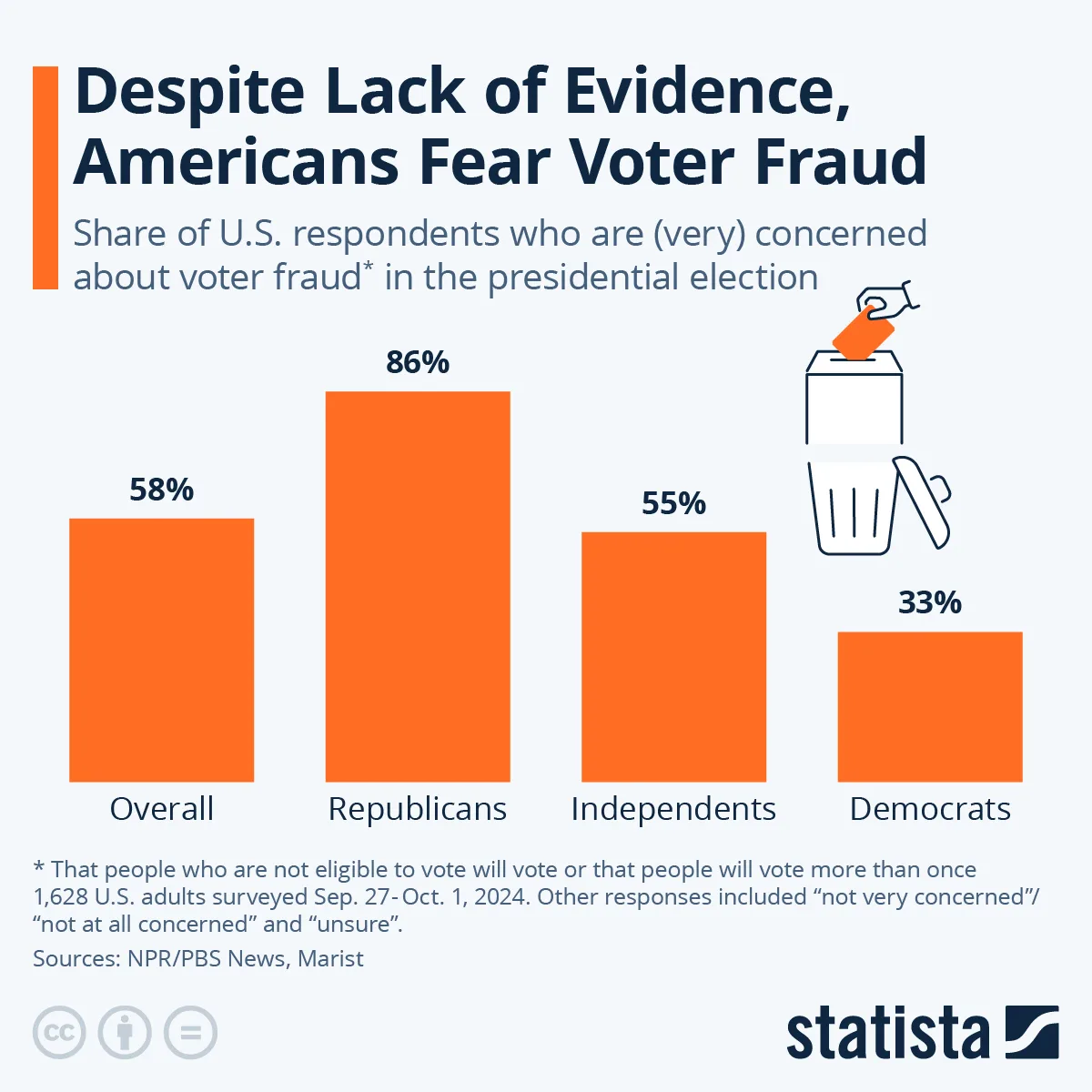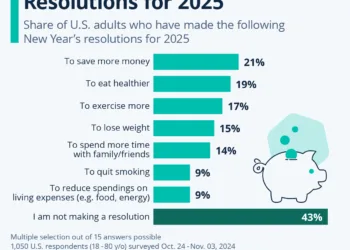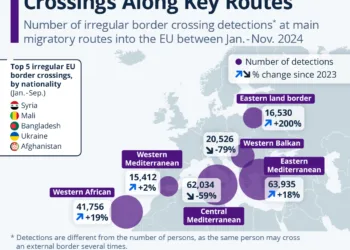Infographic Overview: Fear of Voter Fraud in America
The anxiety surrounding the integrity of elections is a compelling issue in the United States. According to recent data presented by Statista, despite the rarity of election fraud, a significant portion of the American public expresses concern over this issue. In a poll conducted by NPR/PBS News and Marist, it was revealed that a staggering 60% of U.S. adults reported feeling concerned or very concerned about voter fraud as the presidential election approached.
The Poll Breakdown: A Closer Look
General Concerns About Voter Fraud
The statistics illuminate a critical perspective on American sentiments regarding electoral integrity. Though the instances of voter fraud have been proven to be minimal, the anxiety surrounding it has permeated public consciousness. This disconnect between perceived risk and actual evidence serves as a focal point for discussions about electoral reforms and public trust in the democratic process.
- Overall Concern: 60% of U.S. adults showed concern regarding voter fraud.
Party Line Divides
The divide in perception of voter fraud concerns highlights how political affiliations can shape one’s views.
-
Republican Voters: A notable 86% of Republican-leaning individuals expressed concern about voter fraud. This overwhelming majority can be attributed to several factors, including rhetoric from party leaders and media narratives that emphasize the fear of electoral irregularities.
-
Independents: The concerns among Independent voters are markedly lower, with only 55% expressing apprehension. This group often comprises individuals who may swing between party lines and have more varied opinions, reflecting a more moderate stance on the issue.
- Democratic Voters: Only 33% of Democratic-leaning voters reported concern about voter fraud. This stark contrast raises questions about the differing narratives and the underlying beliefs that influence each party’s perspective on election integrity.
Voter Fraud: Reality vs. Perception
Understanding the misalignment between fear and evidence is critical in addressing the widespread concerns about voter fraud.
Rarity of Voter Fraud
Multiple studies and analyses have demonstrated that actual cases of voter fraud are incredibly rare in the United States. Data compiled from various reputable sources shows that the instances of individuals voting illegally, manipulating ballots, or committing fraud is negligible compared to the millions of votes cast in each election.
- Statistical Insights: Reports indicate that voter fraud rates are often cited to be between 0.0003% and 0.0025%. Such rates reveal how, statistically speaking, fraudulent voting is an infrequent occurrence that doesn’t warrant the level of concern exhibited by many Americans.
Influence of Media and Political Rhetoric
The media plays a significant role in shaping public opinion, especially on contentious issues like voter fraud.
Media Coverage
The portrayal of voter fraud in the news can amplify fears, often focusing on allegations rather than providing context about the actual scope of the problem. Sensationalized headlines and unsubstantiated claims can skew public perception, leading individuals to believe that the threat of voter fraud is more prevalent than it really is.
Political Narratives
Political figures from various parties contribute to the discourse surrounding voter fraud, often leveraging fears to mobilize their base or justify legislative changes. The rhetoric used can fuel partisan divides, as seen in the remarkable differences in concern among Republican, Independent, and Democratic voters.
The Implications of Voter Fraud Anxiety
The anxiety around voter fraud has significant implications for American democracy, influencing both policy decisions and public trust.
Policy Responses
In light of these concerns, there have been various legislative efforts aimed at curtailing perceived voter fraud, ranging from stricter voter ID laws to heightened scrutiny of voter registration processes. These measures often have a disproportionate impact on minority and low-income populations, raising concerns about accessibility and equity in voting practices.
Trust in Democracy
The persistent fear of voter fraud can also erode trust in the electoral process. When a substantial portion of the population believes that elections are compromised, it can lead to apathy, voter suppression, and disillusionment with the democratic system as a whole. This cycle poses a fundamental challenge to the health of American democracy, which relies on public confidence in electoral integrity.
Conclusion Context
In understanding the complexities surrounding voter fraud fears, it’s essential to recognize the factors contributing to these perceptions. The discrepancies among political affiliations and the influence of media narratives illustrate the intricacies of public opinion in the context of elections. While facts indicate that voter fraud is rare, the implications of these fears are far-reaching, affecting legislation, public trust, and ultimately, the democratic process in the United States.









